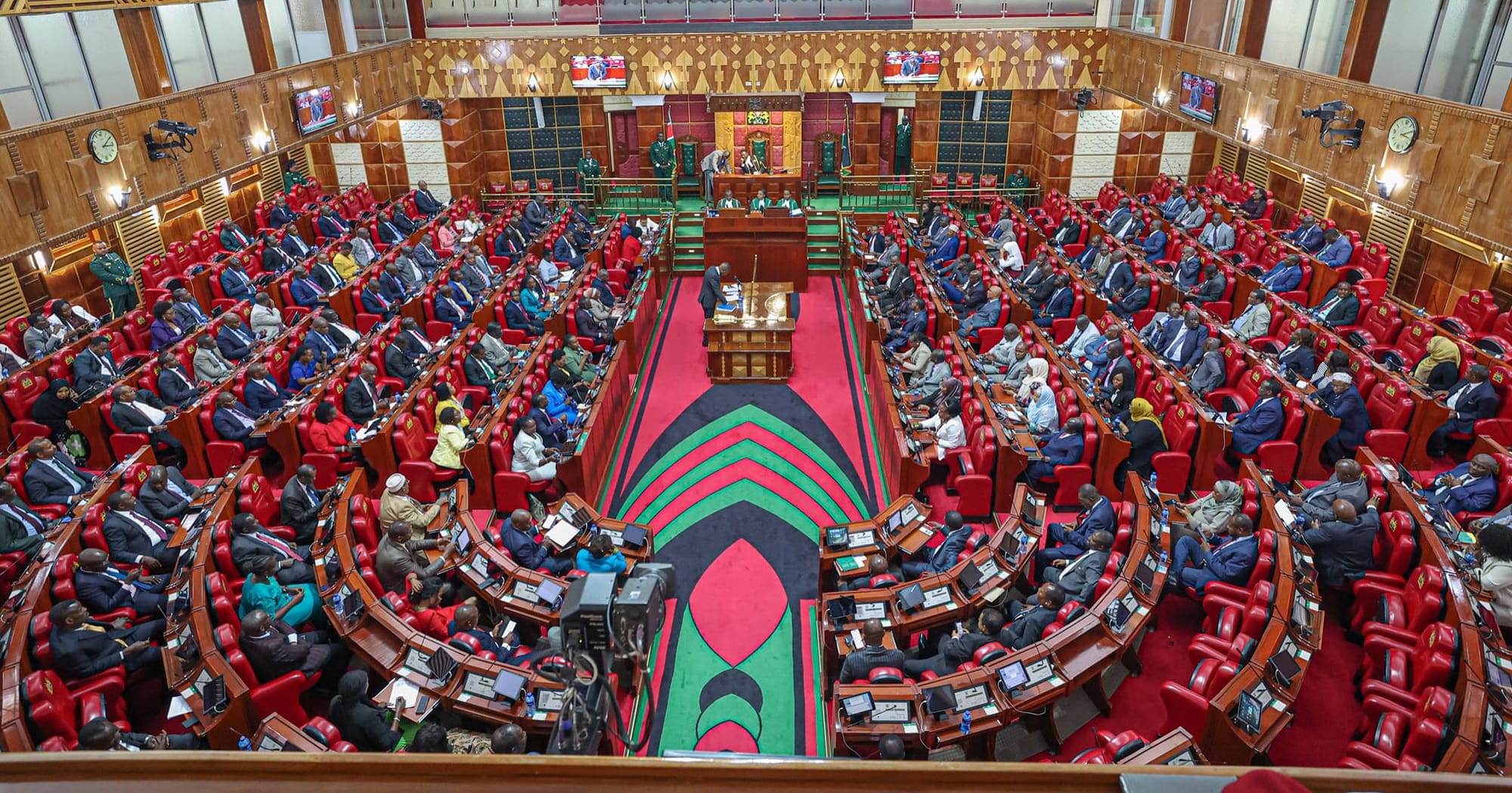Kenya’s Proposed Tax Changes Threaten Startup Growth, Spark Investor Concerns

The Finance Bill 2025 has proposed significant tax reforms that could reshape Kenya’s startup landscape, including the removal of deferred taxation on Employee Share Ownership Plans (ESOPs).
If passed, employees will now be taxed when their shares vest, rather than when they sell them, a move critics say could discourage talent from joining high-growth startups.
The bill also seeks to scrap key incentives designed to spur investment, including a 100% deduction for companies investing in hotels, manufacturing facilities, and equipment outside Nairobi or Mombasa. Previously, firms investing at least KSh250 million outside the two cities or KSh1 billion cumulatively over three years qualified for the benefit.
The reforms aim to widen Kenya’s tax base amid rising public debt, but industry leaders fear they may undermine the country’s position as East Africa’s top startup hub. Nairobi has long attracted venture capital and talent, but stakeholders argue that reduced incentives could push businesses to more favourable markets like Rwanda or Egypt.
The proposals come as African tech ecosystems compete for funding, with Nigeria recently launching a credit guarantee scheme, called the National Credit Guarantee Company, to boost financial inclusion. Observers say Kenya must balance revenue needs with policies that support innovation.
The bill is now under parliamentary review, with the startup community urging revisions to safeguard the sector’s growth.
